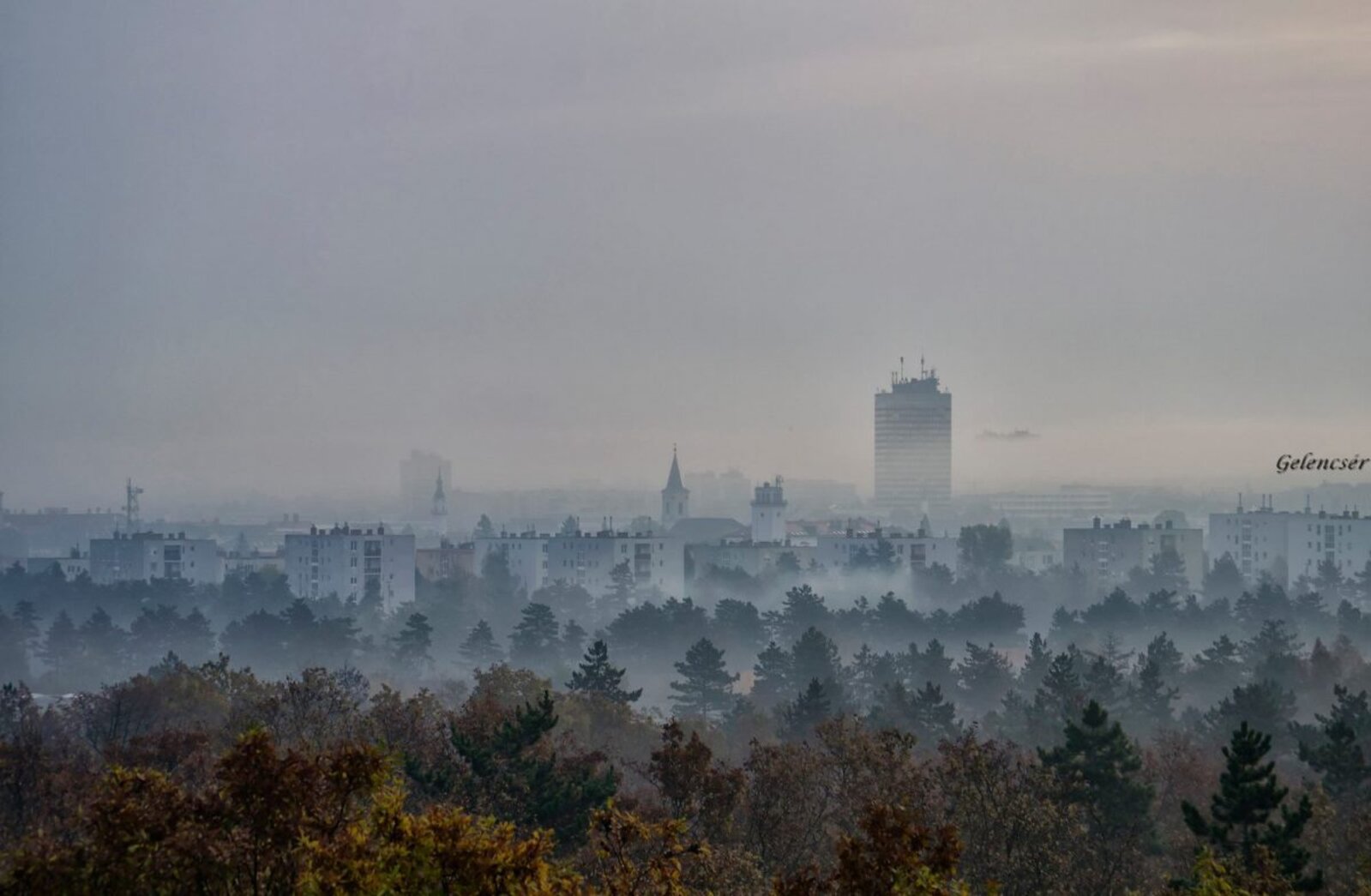Cocrete Housing Blocks Should Not Stand In The Way of Culture – Veszprém – Balaton 2023 in Méz Rádió
In Méz Rádió Veszprém-Balaton 2023 magazine programme Zoltán Mészáros discussed Veszprém housing estate Haszkovó's cultural opportunities, general situation and everyday life with his guests Milós Oláh and Amália Neveda.
The significance of the Haszkovó – also known as the Jutas Road housing estate – in our town is quite large, since almost a quarter of Veszprém’s residents live in housing estate flats, which account for 35 % of total private real estate in the city. Sociologist Miklós Oláh Miklós introduced the audience to the results of the survey conducted at the Haszkovó district. In the course of the survey 300 Haszkovó residents were asked. In addition to basic information (their year of moving into the area, the reasons for their moving, family models, free-time activities, and professional background) questionnaires and interviews were narrowed down to the ECOC bid as well as Veszprém’s and the Haszkovó district’s cultural situation. Most locals have positive attitudes towards the bid, with 50 % optimistic about our eventual success. – sociologist Miklós Oláh declared in front of the microphone. The most important questions of the 100-point questionnaire were the following: what the general attitudes of locals to the housing estate were, what urban development scheemes they think are necessary, and how the housing estate itself could participate in the ECOC project.

The survey has reinforced the stereotype about this widespread Eastern European type of housing that the residents of the Haszkovó tend to be underrepresented among Veszprém’s consumers of culture – for this very reason, locals see the bid programme as a move towards equal opportunities.
It would be difficult to imagine what highly interesting events could be organised at a housing estate! For example: similarly to the Street Cinema event, there is an opportunity here for watching films outdoors, too – there are enormous blank firewalls with large open spaces for viewers in front of them to make this possible.
In the course of the discussion, Amália Neveda, Director of Agóra City Centre for Culture (located in the heart of the Haszkovó) added that the staff of the institution are doing their best to make people come out of their flats and come into the Centre – this, fortunately, is a tendency on the rise now. There are events for adults as well as children; participation is thus rising at programmes ideal for families. Apart from this, the Agóra does not only function as an urban community space but locals of the housing estate also have the opportunity to rent parts of it for family and friends’ events.
Survey results have clearly shown that residents of the Haszkovó also have cultural demands and crave to have community events; they are largely satisfied with the cultural life of the housing estate and the opportunities provided by Agóra.
